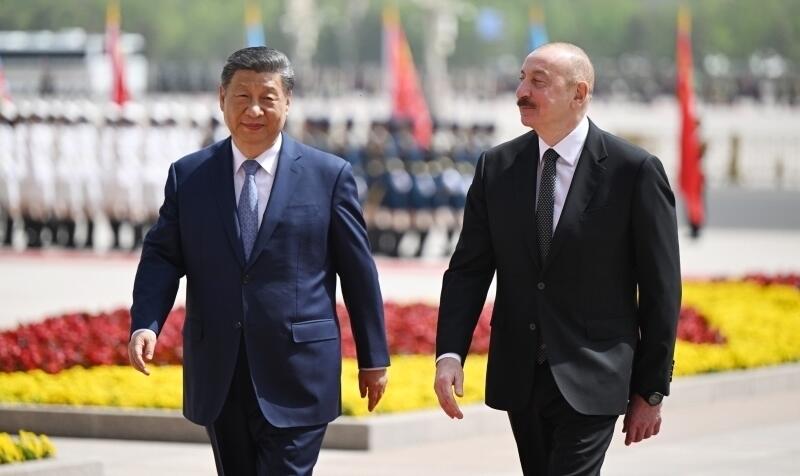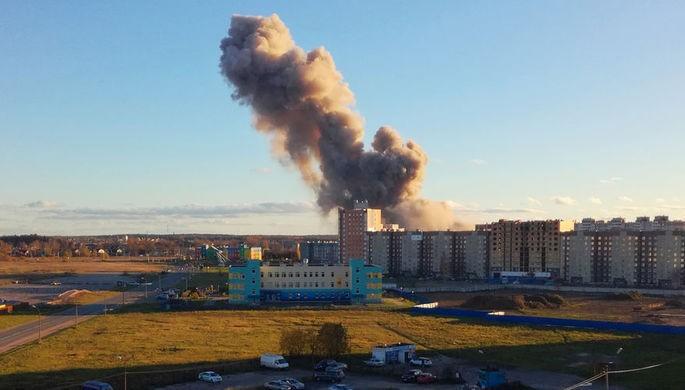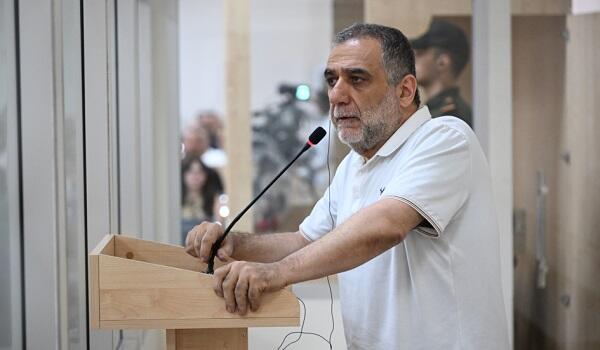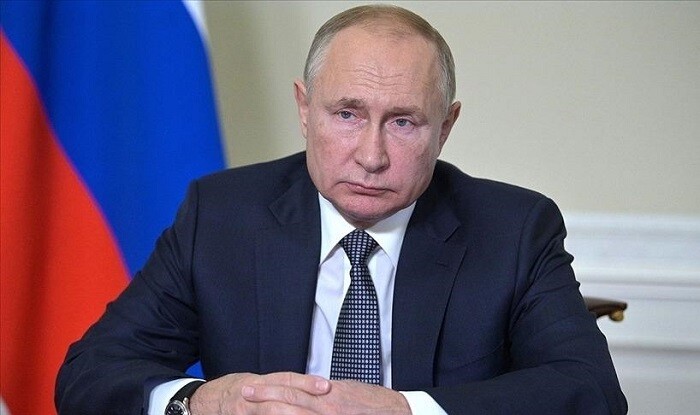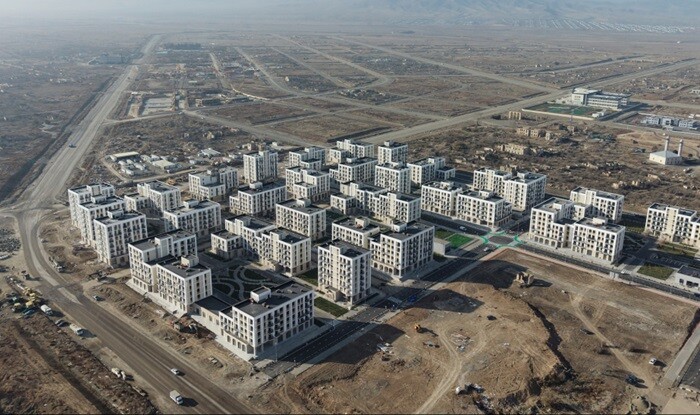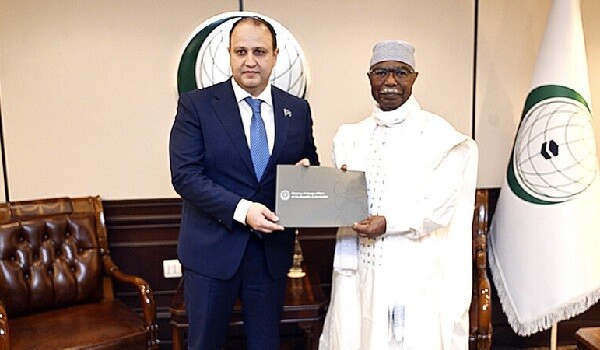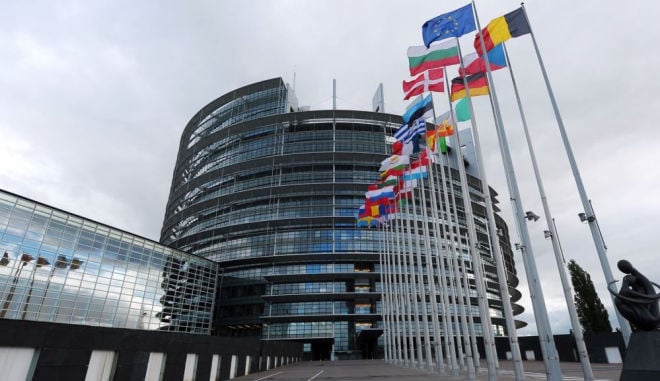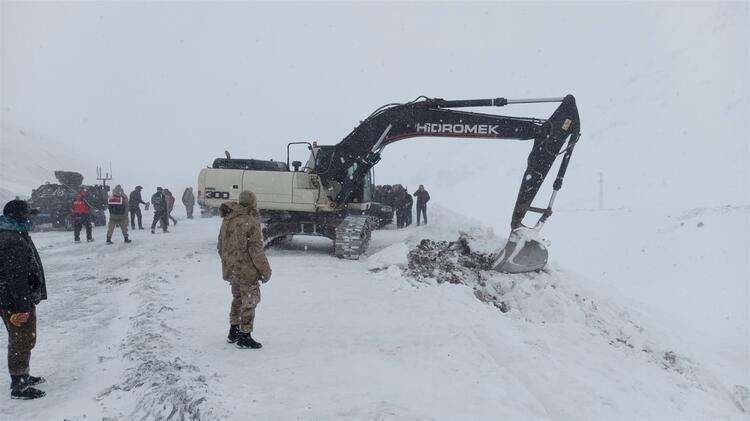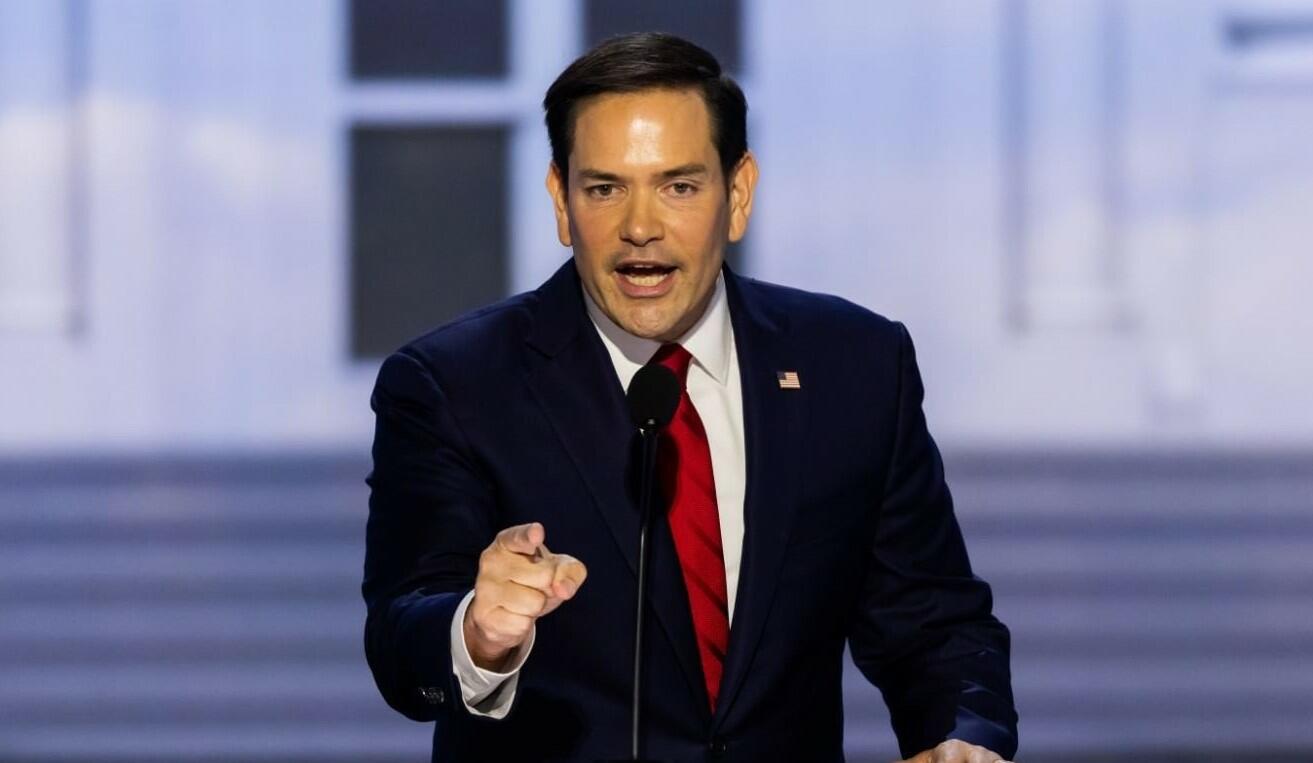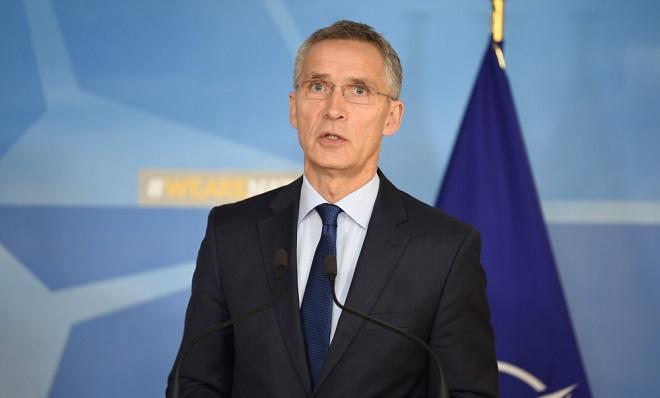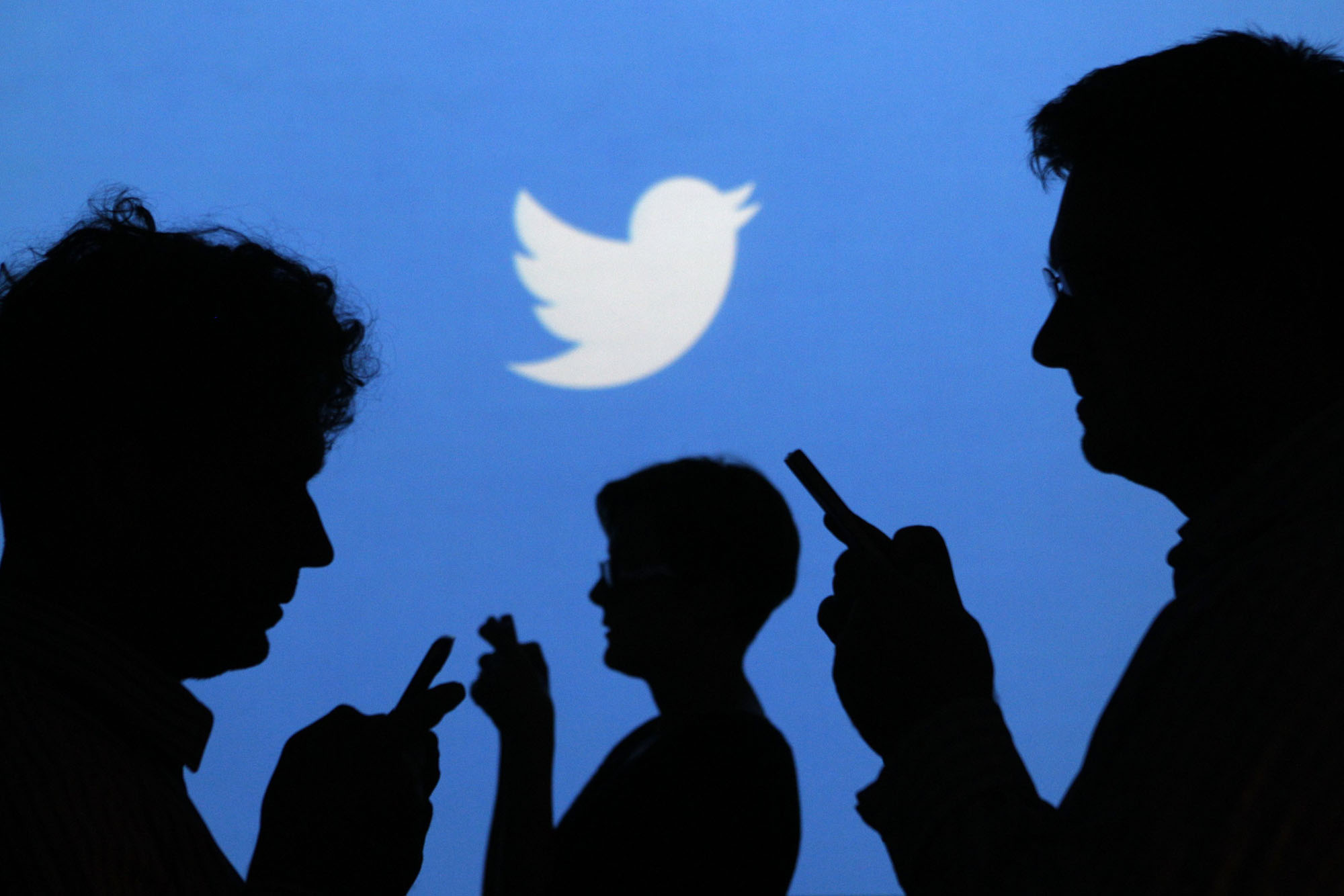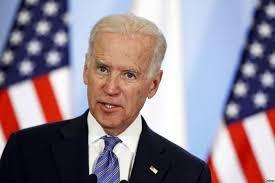Axar.az presents an interview with Shoaib Khan, President and Founder of the ALFAAZ Education and Culture Society, visiting faculty of the Central Eurasian Studies Center of the University of Mumbai, an Indian political expert on Biden's recent visit to South Korea and Japan:
1) What was Biden's main objective in visiting South Korea?
Answer: Biden was on a five-day trip to South Korea and Japan, an effort to bolster American influence in a part of the world where China’s power and North Korea’s nuclear aims loom large. Biden seeks to use this trip to sell regional leaders on his vision of the U.S. role in the Indo-Pacific. Biden was expected to discuss the security situation in Northeast Asia during his visit, as well as ways to potentially engage with North Korea, the growing challenges posed by China and a new regional economic agreement. In Tokyo, he held bilateral discussions with Japanese Prime Minister Fumio Kishida and a summit of the leaders of the Quadrilateral Security Dialogue, or Quad, which brings together Japan, the US, Australia and India. The main objective of Biden’s trip to Asia is to shore up the support of key Asian allies for the US’s Indo-Pacific strategy. The administration also plans to launch a new Pacific Islands initiative with allies and partners that would bring together regional countries to coordinate the actions, drive resources, and raise ambition in the region, including on climate, maritime, and transportation issues. Biden’s visit, therefore, is aimed at showing the US can respond to Russian aggression in Ukraine and at the same time support its Asian allies counter China’s growing economic and military clout in the region.
2) Why Biden has specifically chosen South Korea to visit?
Ans: Last year, South Korea and the U.S. celebrated 139 years of diplomatic relations. Despite difficulties of various sorts and conflicts that were large and small, the South Korea-U.S. alliance made historical achievements and progress through trust, solidarity, cooperation, and companionship over the past 70 years, and the results are firmly shared by both countries. There are signs of tensions and anxieties in Northeast Asia, but it is important to believe that the two countries will be able to cope with these problems wisely and sensibly based on the alliance forged through blood, as they have done until now. South Korea's democratic and economic development gives it a stake in US-led global stability on the basis of common values and newfound capacity to act as a partner with the United States on a comprehensive agenda for cooperation. The foundations are coming into place for the types of comprehensive cooperation that have come to characterize the transatlantic relationship at a time when Asia's rise enhances the US need for like-minded Asian partners who share common regional and global interests. The security alliance between the United States and South Korea has demonstrated success by both its longevity and its ability to maintain peace on the Korean peninsula. Even if South Korea is relatively secure in its alliance with the United States, the lack of mutual understanding over how their bilateral alliance fits into a wider strategic context is an issue that requires attention. South Korea has taken steps to secure democracy and the rule of law domestically while promoting liberal values abroad, critics argue the United States is overly-focused on North Korea policy. Biden administration’s expressed a desire for frequent bilateral consultations with South Korea, it appears that Seoul and Washington are off to a good start. Still, lingering policy differences over whether to pursue a pressure-based or conciliatory approach toward North Korea will undoubtedly shape their ability to attain a shared strategic vision in the wider Indo-Pacific region.
3) How do you think the visit will affect the future formation of the world? Will it have any impact on China's way to becoming a superpower?
Ans: Biden wants the trip to build on recent moves accelerating a years-long US pivot to Asia, where rising Chinese commercial and military power is undercutting Washington's dominance. According to Biden himself, the US is facing pressure from Russia and China, and Asia was a key battleground in the worldwide competition between democracies and autocracies. Talks were held about the need to make this larger than just the United States, Japan, and Korea, but the entire Pacific and the South Pacific and Indo-Pacific which is an opportunity. During the trip, Biden’s meeting with regional leaders in a bid to firm up support for helping Ukraine fend off Russia’s invasion and countering security threats posed by China and North Korea. Experts say it has more to do with China than Russia. Shortly after the intervention in Ukraine, the White House dispatched a couple of former officials to reassure Taiwan. Experts say the Ukraine crisis has accelerated a relationship that was already forming between Europe, the U.S. and Asia. Biden also planned to announce a new economic initiative, the Indo-Pacific Economic Framework, which the White House says is aimed at expanding trade, fortifying supply chains and tackling climate change. The Indo-Pacific Economic Framework is Biden's attempt at engaging a region coming increasingly under the influence of China. He unveiled it as he began the second leg of his debut tour of Asia. The announcement was one of the centrepieces of Biden's visit to the continent. Biden is walking a delicate balance in revealing the economic framework. While Asian nations have been clamouring for a way to partner with the United States to reduce dependence on China, the President is also facing protectionist sentiments at home, where economic pain in the form of higher prices. Apart from the US itself, the IPEF is expected to bring together India, Japan, South Korea, Australia, New Zealand, Malaysia, Singapore, Indonesia, Thailand, Vietnam, and the Philippines as its members. More members could be added later, according to reports. The development comes as the Biden administration is trying to increase its footprints in Southeast Asia by resetting ties with regional countries in an attempt to form a military coalition against China, which has time and again said that Washington is expanding militarism in the regions far from its borders, while it tries to justify its military presence in the Southeast Asian region by making baseless allegations against Beijing.
4) Biden has mentioned that he wanted to visit North Korea as well. What were his expectations from the possible visit to N. Korea?
Ans: North Korea has not responded to U.S. overtures, including offers of Covid-19 vaccines, Biden said on Saturday, noting that he was willing to sit down with Kim if he thought it would lead to a serious breakthrough. North Korea said the U.S. overtures are insincere because Washington maintains hostile policies such as military drills and sanctions. Coming to North Korea, means the United States and South Korea which has a new conservative leader who is sceptical of its northern neighbour hope to work more closely to show they are prepared to deal with Kim’s missile threats. They are leaving the door open to dialogue with North Korea, but in no rush to force a breakthrough. US President Joe Biden and South Korea President Yoon Suk Yeol said after meeting Saturday that they will consider expanded military exercises to deter the nuclear threat from North Korea at a time when there’s little hope of real diplomacy on the matter. The statement may draw an angry response from North Korea, which had defended its nuclear weapons and missile development on what it perceives as US threats and long described the U.S-South Korea military exercises as invasion rehearsals, although the allies have described the drills as defensive. North Korea has been barreling forward with its weapons program, with tests of three ballistic missiles early Wednesday, hours after Biden left the region. The prospect for reengaging North Korea remains further out of reach than ever. In these circumstances, there are fewer or almost no chances of Biden or any future American President visiting North Korea in the years to come.
